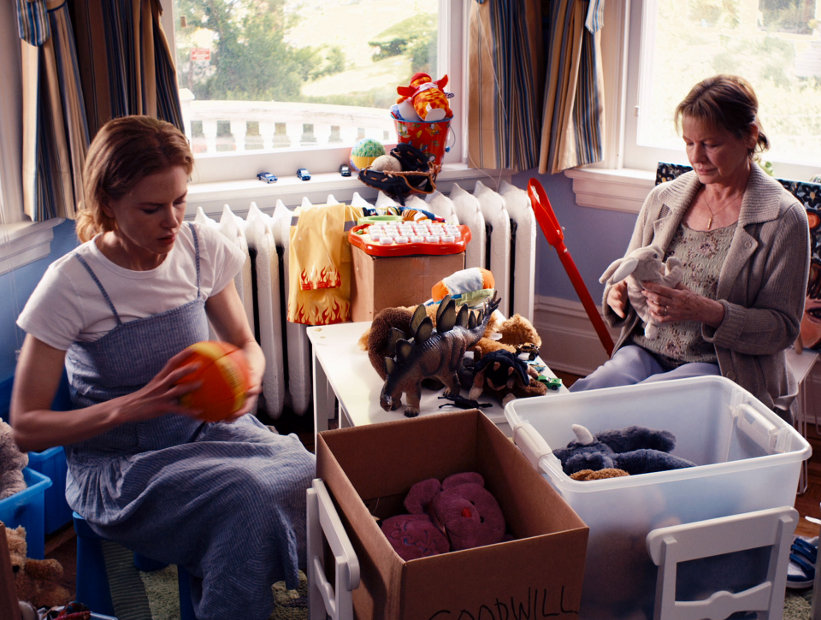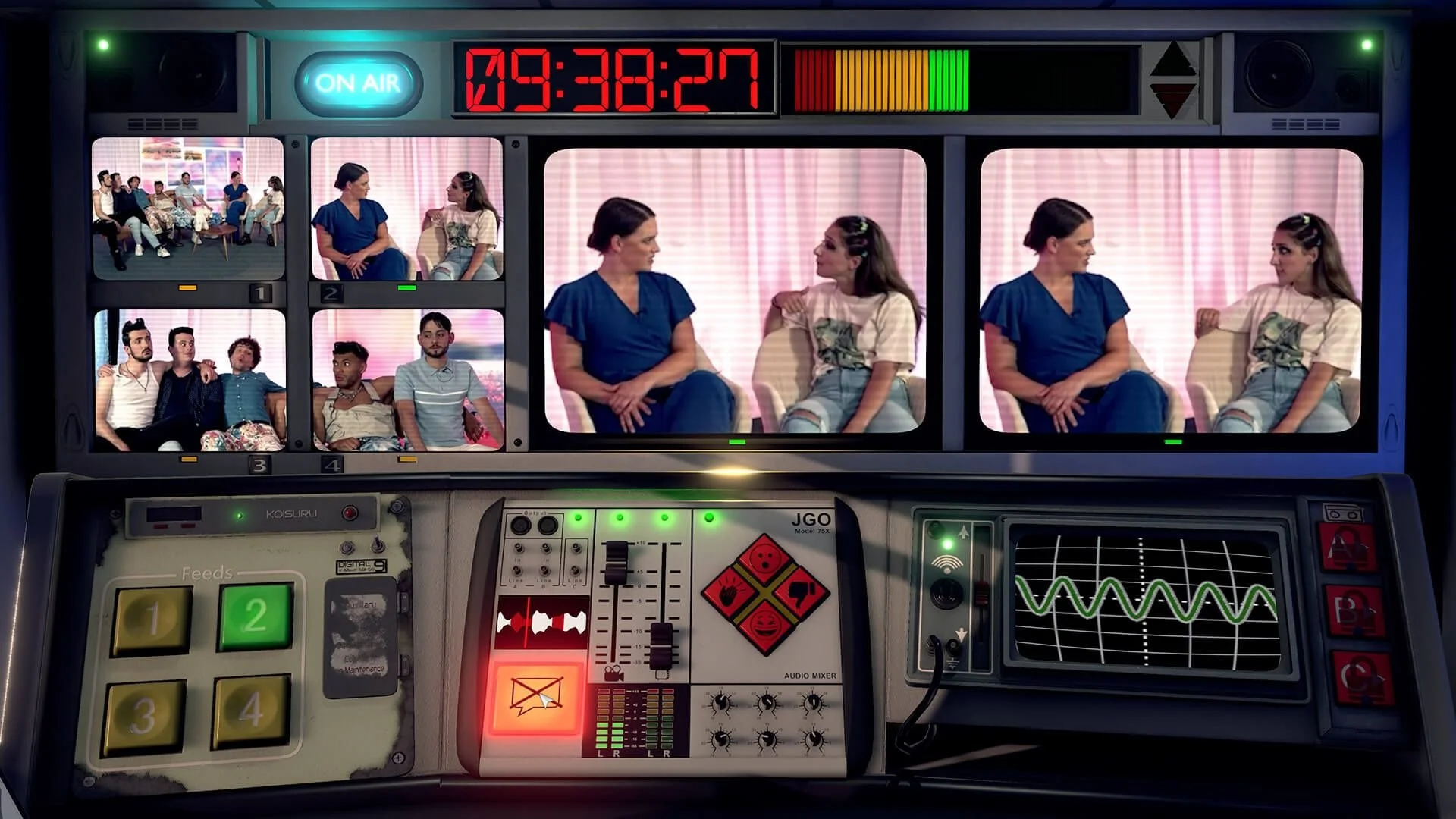There are many events happening in the world that we cannot objectively control, but that we feel involved in. It seems that we are just chips rushing down a stormy stream towards an unknown destination. Thanks to television and social networks, we witness all the tragedies on the planet: famine, wars, natural disasters, murders and other atrocities. By the way, we have previously written about ways to help you recover from negative news.
But if you still witness an accident, how can you isolate yourself from the negativity? How can you stop blaming yourself for not being able to help the bullying victim? Is it possible to survive injustice and feel like a good person again?
Psychologist Natalya Kalimullina answered these questions exclusively for The Fashion Vibes, explaining why we may feel bad when we find ourselves in the role of witness to a traumatic event, and also offers mini-instructions for self-help.

Natalya Kalimullina, psychologist
How to deal with bystander trauma?

If you witnessed an unpleasant situation but could not or did not have time to react, your psyche is under serious stress. It is important to know how to be kind to yourself to release guilt and give yourself the opportunity to heal.
Maybe you experienced a shock or fear that paralyzed you and prevented you from taking action. Remember that this is a completely natural response of the body to a stressful situation.
Such events may include:
– emotional abuse
– disaster
– bullying
– car crash, plane crash
– Act of terrorism
– physical violence
– loss of loved ones
– sexual violence
– robbery
– shocking events we see on television or on the internet
The guilt that may arise after this is often irrational. We tend to take responsibility for everything that happens, without taking into account external circumstances and our emotional state at the moment.
Follow this mini-guide to avoid guilt instead Self-help to help you get through this difficult period more easily.

Accept your feelings
Allow yourself to experience sadness, fear, anger, or any emotion that arises within you. Emotions are a natural human response to what is happening, and it is important not to suppress them. Every emotion is important. By blocking the manifestation of one emotion, we also block all other emotions, including the feeling of joy and pleasure.
Communicate with your loved ones
Tell someone you trust about your experience. This will help relieve tension and gain support. Knowing that there are people nearby who are ready to listen and support you will greatly facilitate your situation. If that’s not possible, say out loud everything you’re feeling: fear, anger, guilt, helplessness, panic.
Take a deep breath and as you exhale, push the air out sharply by applying pressure with your abdominal muscles. After expressing your emotions, follow your body’s reactions (what do you want to do?): shrink, walk away, hide, shut down, stomp your feet, etc. Speak and exhale until you feel better inside. If you still find it difficult to say everything out loud, you can write it on paper and burn it. This simple ritual will calm you down and allow you to let go of the difficult past.
Minimize incoming information about the event
If staying informed is important to you, leave two or three reliable sources of information. Reading emotional posts and constantly updating the news feed will not help cope with the emotional background, but will only aggravate the bad situation. All this only creates the illusion that we have control over the situation.
Organize your time
Include activities in your daily schedule that will satisfy you and relax your mind. Creative activities help very well – when we focus on the creative process, all thoughts fade into the background. Choose where to focus your attention each day to help you cope with stress faster.
Warning signs:
– Constantly experiencing the situation mentally
– Sleeping disorder
– decreased concentration
– changing hobbies
– isolation and avoidance of communication
– fear for yourself and your loved ones
– constant anxiety
– awareness of one’s own helplessness
– an uncomfortable feeling of guilt
– resentment and anger towards the person who is guilty
– condemnation and denial of what is happening
If you find these symptoms in yourself and they persist for a long time, you should not delay contacting a specialist. A professional can help you understand your feelings and find your path to recovery. Remember that personal care is important. Remember that we can’t always control the situations we find ourselves in, and that’s okay. The important thing is to learn to accept yourself and your emotions and grow stronger through difficulties. Believe in yourself and remember that you can always find a way out of any situation.
How can you help your loved ones?

If you see one of your loved ones in such a situation, first of all, do not trivialize his feelings. Give him the opportunity to experience these. The person is feeling really bad right now and a simple “everything will be okay” won’t help. Listen to him, tell him that you understand him and that you would feel the same way if you were in his place. Find out if he needs help now. There is no point in giving advice, at this stage the person just needs support. Let him know that you are nearby and always open to dialogue.
Source: People Talk
Errol Villanueva is an author and lifestyle journalist who writes for The Fashion Vibes. With a passion for exploring the latest trends in fashion, food, travel, and wellness, Errol’s articles are a must-read for anyone interested in living a stylish and fulfilling life.





